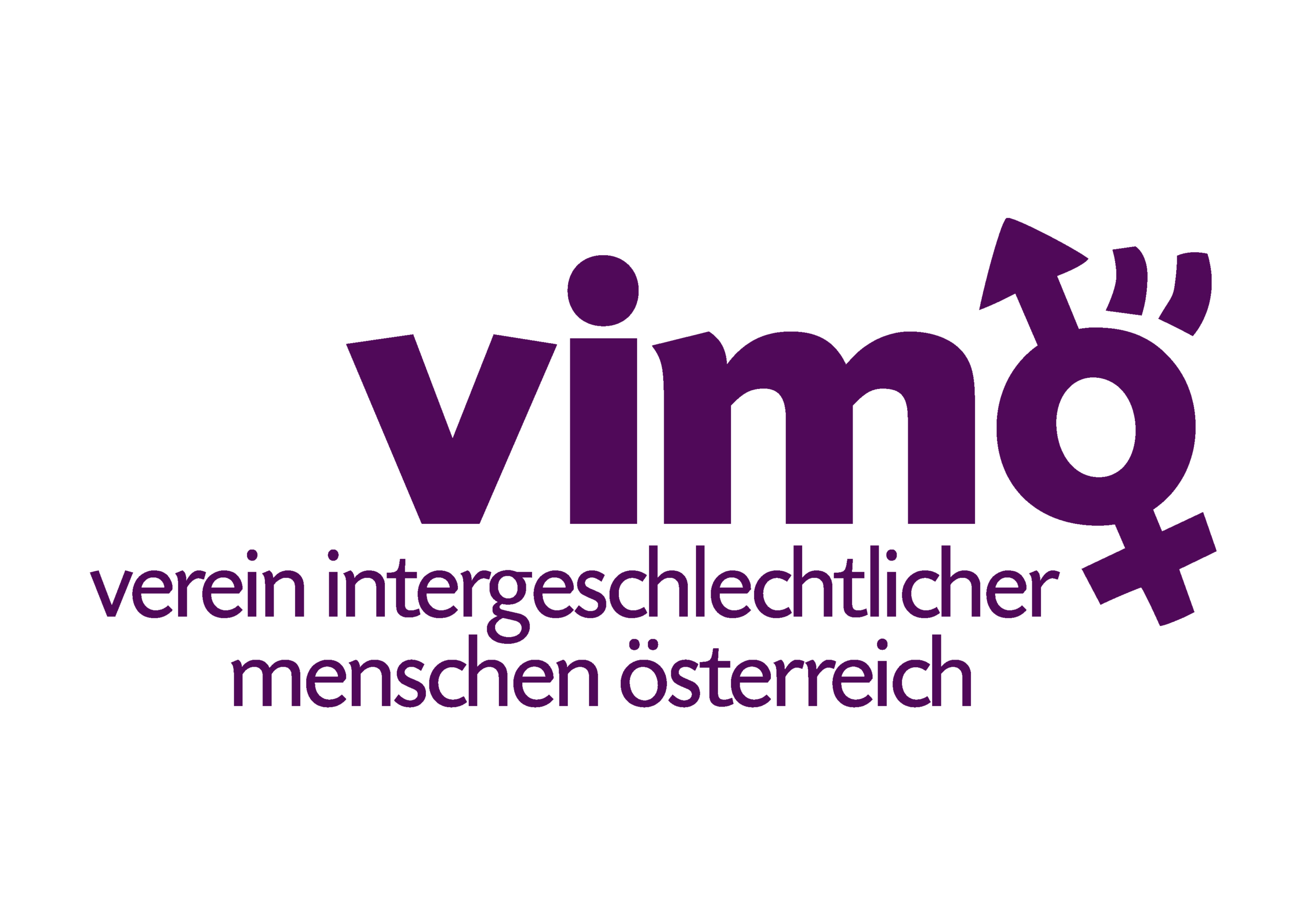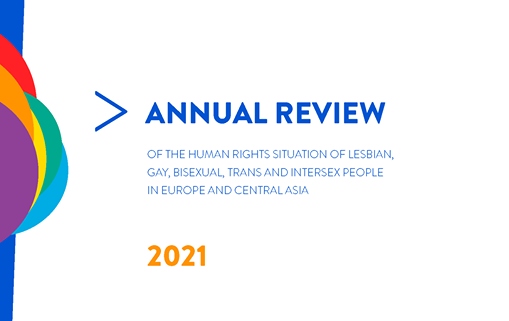Februar 2021: ILGA Europe Annual Report – Österreich
Der aktuelle Bericht von ILGA Europe über die Menschenrechtssituation von LGBTI Personen in Europa und Zentralasien ist da! https://ilga-europe.org/annualreview/2021
Auszüge aus dem Kapitel Österreich:
BODILY INTEGRITY
In February, the UN Committee on the Rights of the Child reiterated its 2015 recommendation for Austria to ban the practice of medically unnecessary surgeries and other treatments on intersex children. In July, the European Commission against Racism and Intolerance (ECRI) made the same recommendation in its 6th periodic report on Austria. The Ministry of European and International Affairs led the Vienna Declaration, signed by 33 countries, to protect intersex people’s bodily autonomy. However, the government took no concrete steps towards banning the harmful practice of intersex medical interventions
EDUCATION
Regarding education on diversity of sex characteristics and gender identity, VIMÖ began implementing 40 training events across the country.
EQUALITY AND NON-DISCRIMINATION
The Green and Austrian People’s Party (ÖVP) coalition presented its new government program in January. LGBTIQ organisations criticised the plan and the Green Party for compromising their priorities on LGBTIQ issues, failing to ban surgeries on intersex children, prohibit discrimination on grounds of SOGIESC, or provide redress to those convicted of sex crimes before the age of consent was lowered for LGB people in 2002.
FREEDOM OF ASSEMBLY
Many Pride events were cancelled this year, due to the pandemic. Several other demonstrations were held with limited participation, including Rainbow Conwoy by HOSI, a bike event accompanied by placing rainbow flags on windows; the QueerDo! protest against the previous right-wing government; a Pride demonstration in Graz; and VIMÖ’s intersex block at Salzburg Pride.
HEALTH
The hormone ambulance at the Vienna General Hospital, the only certified medical centre to serve trans people in East Austria, closed for two months due to the pandemic and has run with half capacity since. Intersex clients are also impacted. A study on the pandemic’s impact on access to trans healthcare found that in German speaking countries (Austria, Germany, Switzerland), almost half of the respondents feared the pandemic’s impact on their access to hormones, surgeries (17%). 15% reported surgeries being cancelled. One in three respondents belonged to a risk group.
LEGAL GENDER RECOGNITION
After four years of legal battle, the Constitutional Court ruled in favor of Alex Jürgen in July, granting them the right to have a birth certificate with ‘inter’ as their gender marker. This is the first such birth certificate in Austria. In 2018, the Court ruled in Jürgen’s case that gender markers must reflect an individual’s own self-determined gender identity. In 2019, Jürgen was granted a passport with “X” for their gender, and a birth certificate with “divers”. Jürgen requested the latter with the wording “inter”, and will now have that on their birth certificate. Local intersex advocates continued to fight for access to non-binary gender markers this year, which despite the 2018 ruling has not been ensured. In June, 64 NGOs demanded that Minister of Interior Karl Nehammer ensure introducing a self-determination based model. In September, a new government decree established that six gender marker options will be available, ‘female‘, ‘male‘, ‘inter‘, ‘diverse‘, ‘open‘, as well as the option to delete. Non-binary options however will only be available to intersex people, and with a medical diagnosis. The medical expert group ‘VdG-Board’ will no longer issue expert opinions, a sign of progress, but the continued medicalisation of intersex people has been harshly criticised by civil society. The self-determination model would have granted access to non-binary gender markers to both intersex and trans people. With the adoption of the decree, Austria missed taking this step. In September, Vienna City Council member Jürgen Czernohorszky announced that the capital city will no longer require that trans people present a psychiatric diagnosis for legal gender recognition. A letter from a psychologist will still be needed.
PARTICIPATION IN PUBLIC, CULTURAL AND POLITICAL LIFE
Having secured a win at Vienna’s local elections in October, the Social Democratic Party (SPÖ) formed a coalition with New Austria and the Liberal Forum (NEOS) and presented their programon 17 November. The coalition committed to establishing a centre for young queer people, fund LGBTQI projects, conduct a large scale study on queer life in Vienna, introduce LGBTQI-checks for government offices, and found a queer museum. Regarding intersex rights, it calls for the federal government to “ban medically and surgically unnecessary interventions on intersex children”. Furthermore, a ‘Vienna Package for the Support of Equal Treatment of Intersex People’ is planned, which will implement the decision of the Constitutional Court regarding the third gender entry at all levels and in the entire Viennese administration. This package will also include the areas of language, forms and statistics and the needs-based support and counselling for intersex people.


